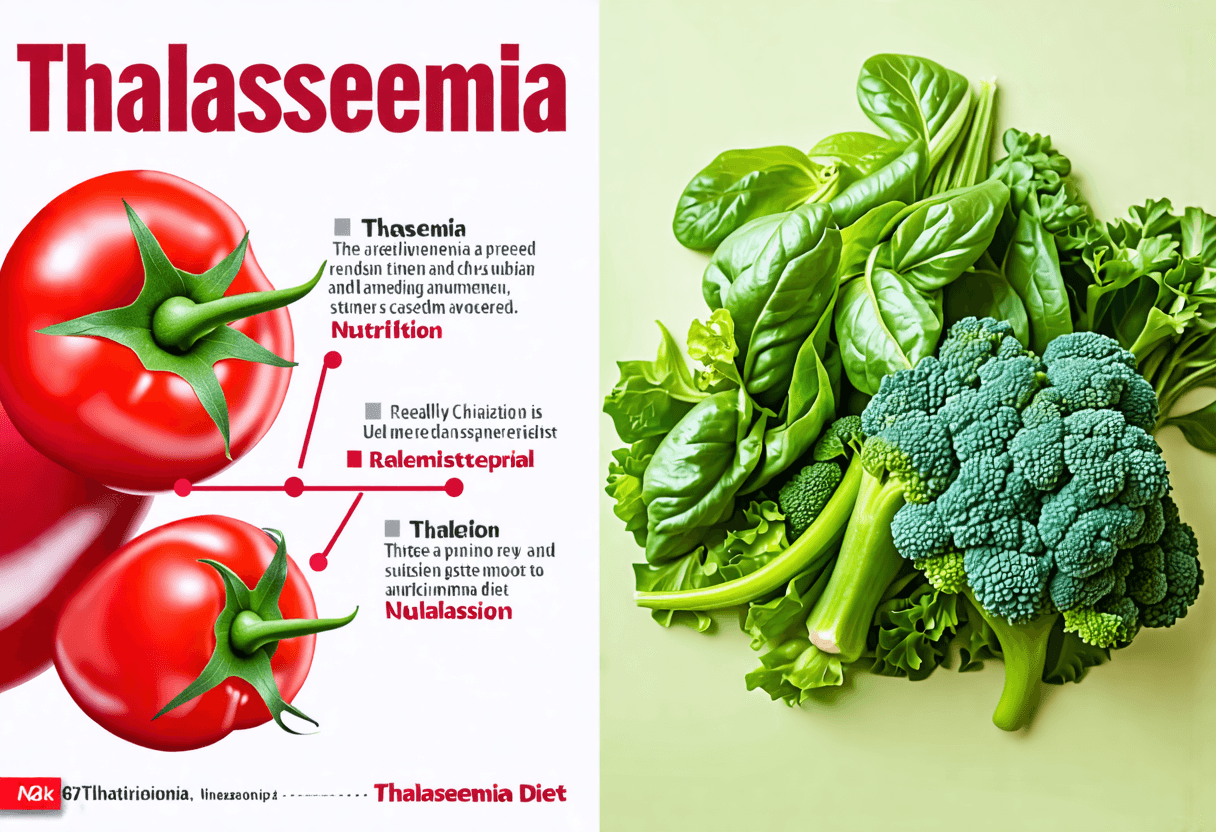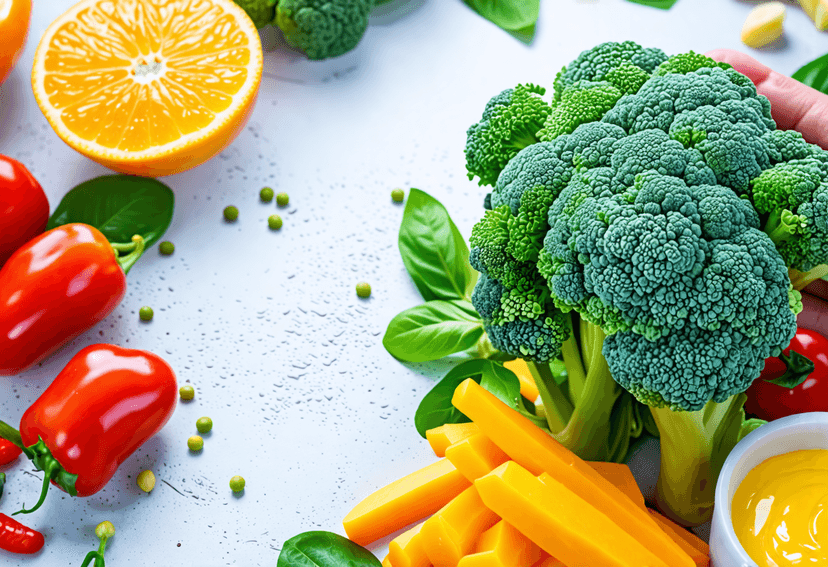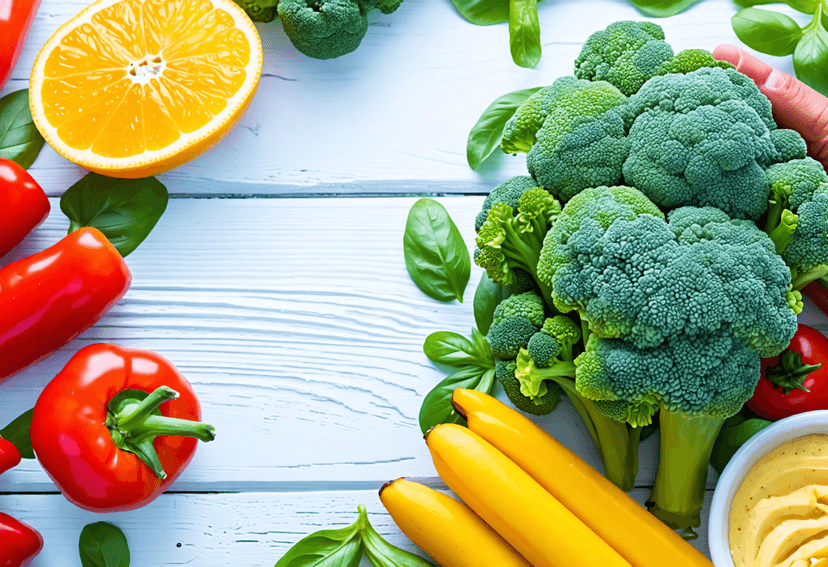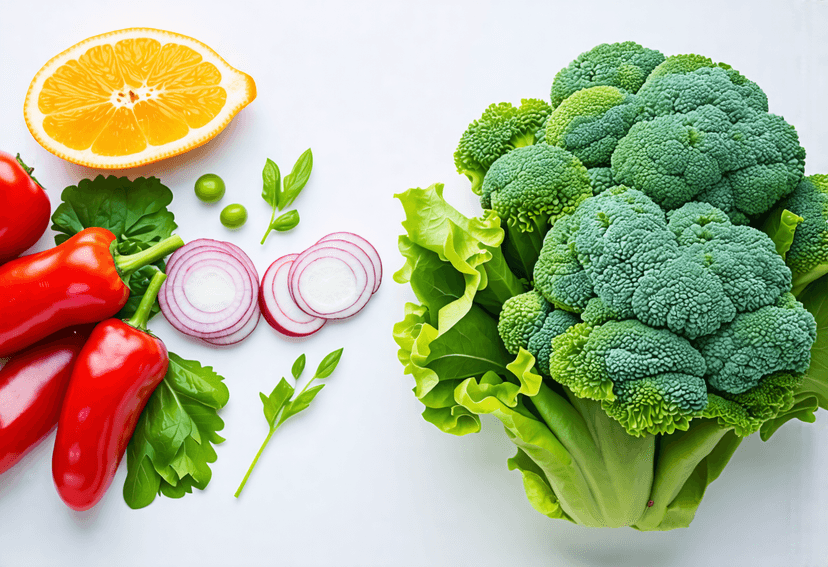
Thalassemia Diet and Nutrition
26 Oct, 2024
 Healthtrip
HealthtripLiving with thalassemia, a genetic disorder that affects the production of hemoglobin, can be challenging, but with the right diet and nutrition, individuals can manage their condition effectively and lead a healthy life. A well-planned diet can help alleviate symptoms, improve overall health, and reduce the risk of complications. In this article, we will delve into the world of thalassemia diet and nutrition, exploring the essential nutrients, foods to include, and those to avoid, as well as provide valuable tips for individuals living with this condition.
Understanding Thalassemia and Its Impact on Nutrition
Thalassemia is a genetic disorder that affects the production of hemoglobin, a protein in red blood cells that carries oxygen to the body's tissues. The disorder leads to anemia, fatigue, and other complications, which can significantly impact an individual's quality of life. A person with thalassemia requires regular blood transfusions, which can lead to iron overload, a condition that can cause damage to organs such as the heart, liver, and pancreas. A well-planned diet can help alleviate the symptoms of thalassemia and reduce the risk of complications.
Most popular procedures in India
The Importance of Iron in Thalassemia
Iron is an essential nutrient for individuals with thalassemia, as it helps to increase the production of hemoglobin and reduce the risk of anemia. However, excessive iron intake can lead to iron overload, which can cause serious health complications. It is crucial to strike a balance between adequate iron intake and avoiding excessive iron consumption. Foods rich in iron, such as red meat, poultry, fish, and fortified cereals, should be included in the diet in moderation.
Essential Nutrients for Thalassemia
Individuals with thalassemia require a diet rich in essential nutrients that support overall health and well-being. Some of the key nutrients include:
Wellness Treatments
Give yourself the time to relax
Lowest Prices Guaranteed!

Lowest Prices Guaranteed!
Folic Acid
Folic acid is crucial for the production of red blood cells, and deficiencies can exacerbate anemia. Foods rich in folic acid, such as leafy greens, citrus fruits, and fortified cereals, should be included in the diet.
Vitamin B12
Vitamin B12 is essential for the production of red blood cells and nerve function. Deficiencies can lead to anemia, fatigue, and neurological problems. Foods rich in vitamin B12, such as animal products, fortified plant-based milk, and cereals, should be included in the diet.
Zinc
Zinc is an essential mineral that supports immune function and wound healing. Deficiencies can lead to impaired immune function and delayed wound healing. Foods rich in zinc, such as oysters, beef, chicken, and fortified cereals, should be included in the diet.
Foods to Include in a Thalassemia Diet
A well-planned diet for thalassemia should include a variety of foods from all food groups. Some of the foods that should be included in the diet include:
Fruits and Vegetables
Fruits and vegetables are rich in essential vitamins, minerals, and antioxidants that support overall health and well-being. Include a variety of colorful fruits and vegetables, such as berries, citrus fruits, leafy greens, and bell peppers, in the diet.
Whole Grains
Whole grains, such as brown rice, quinoa, and whole-wheat bread, are rich in fiber, vitamins, and minerals. They can help support digestive health and reduce the risk of anemia.
Lean Protein
Lean protein sources, such as poultry, fish, and legumes, are essential for muscle growth and repair. They can also help support immune function and reduce the risk of anemia.
Foods to Avoid in a Thalassemia Diet
Individuals with thalassemia should avoid foods that can exacerbate anemia, iron overload, and other complications. Some of the foods to avoid include:
High-Iron Foods
Foods high in iron, such as red meat, should be consumed in moderation to avoid iron overload.
Processed Foods
Processed foods, such as frozen meals and canned goods, are often high in sodium, sugar, and unhealthy fats. They can exacerbate anemia and other complications.
HealthTrip: A Comprehensive Approach to Thalassemia Management
At HealthTrip, we understand the complexities of thalassemia and its impact on an individual's quality of life. Our comprehensive approach to thalassemia management includes a personalized diet plan, regular blood transfusions, and iron chelation therapy. Our team of experts will work with you to develop a tailored plan that meets your unique needs and helps you manage your condition effectively.
By following a well-planned diet and nutrition plan, individuals with thalassemia can alleviate symptoms, improve overall health, and reduce the risk of complications. With the right approach, individuals can lead a healthy and fulfilling life, despite their condition. At HealthTrip, we are committed to supporting individuals with thalassemia every step of the way.
Related Blogs

The Role of Nutrition in Orthopedic Recovery
Fuel your recovery with the right nutrition for optimal orthopedic

The Role of Diet in Urological Health
How diet affects urological health and what changes to make

The Role of Diet in ENT Health
Discover how your diet affects your ENT health

Women's Holistic Health and Nutrition
The importance of nutrition for women's holistic health

Mindful Eating for Women's Health
The power of mindful eating for women's holistic health

Body Care for a Healthier You
Discover the secrets to a healthier, happier you at our










